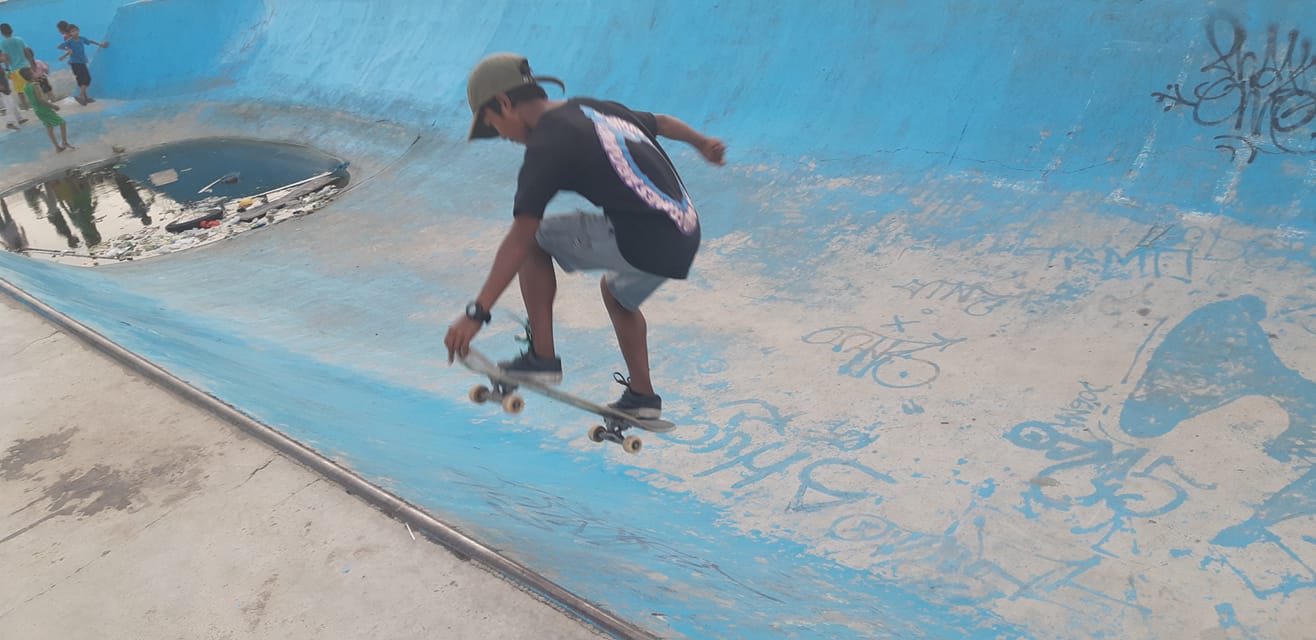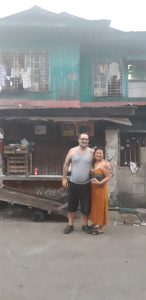
Last month, I had the tremendous privilege to join my wife on a trip to the Philippines to visit family members living in Cebu City, located in the Central Visayas region of the archipelago. It wouldn’t be an overstatement to say it changed my life. While much has been written about the colonial history of the Philippines and the tremendous economic exploitation that takes place there, what often seems to be missing from many accounts of the country is the incredible resiliency, warmth, generosity, and kindness of its people. I was in tears on more than one occasion.
Undoubtedly, colonial oppression still looms large. Why wouldn’t it? First colonized by Spain in 1565, and then by the United States following the Spanish-American War, it’s literally been centuries since Filipinos have a lived experience free of colonial rule. Today, it’s hard to turn a corner in a major economic hub like Cebu City, the most heavily-populated city in the Visayas, without seeing evidence of foreign investment. 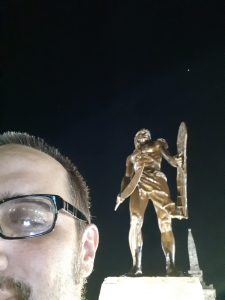
The heat is intense. The smell of fuel throughout the barangays (neighborhoods) is oppressive. The streets are packed with a density we don’t see in the United States. And at every turn, there is joy, laughter, smiles, hugs, and a kind of community strength that was completely foreign to me. It’s hard to put this into words. 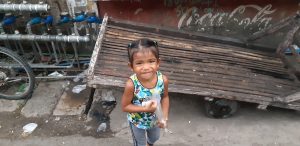
This was the first time I had met my wife’s family. From the first second, I was treated with tremendous love and generosity. It was difficult to make a move without an offering of hospitality. My initial feeling was that my wife’s family was just incredibly unique (they are), but I soon learned that this is a way of life in the Philippines. 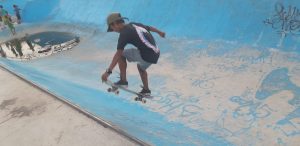
There is something profound to be learned from the world’s oppressed, and it’s likely not going to be learned in a book. It’s a connection. It’s a willingness to see humanity as family. And it’s an ability to love that family – deeply.
Mimi Soltysik
Educator, Maggie Phair Institute
